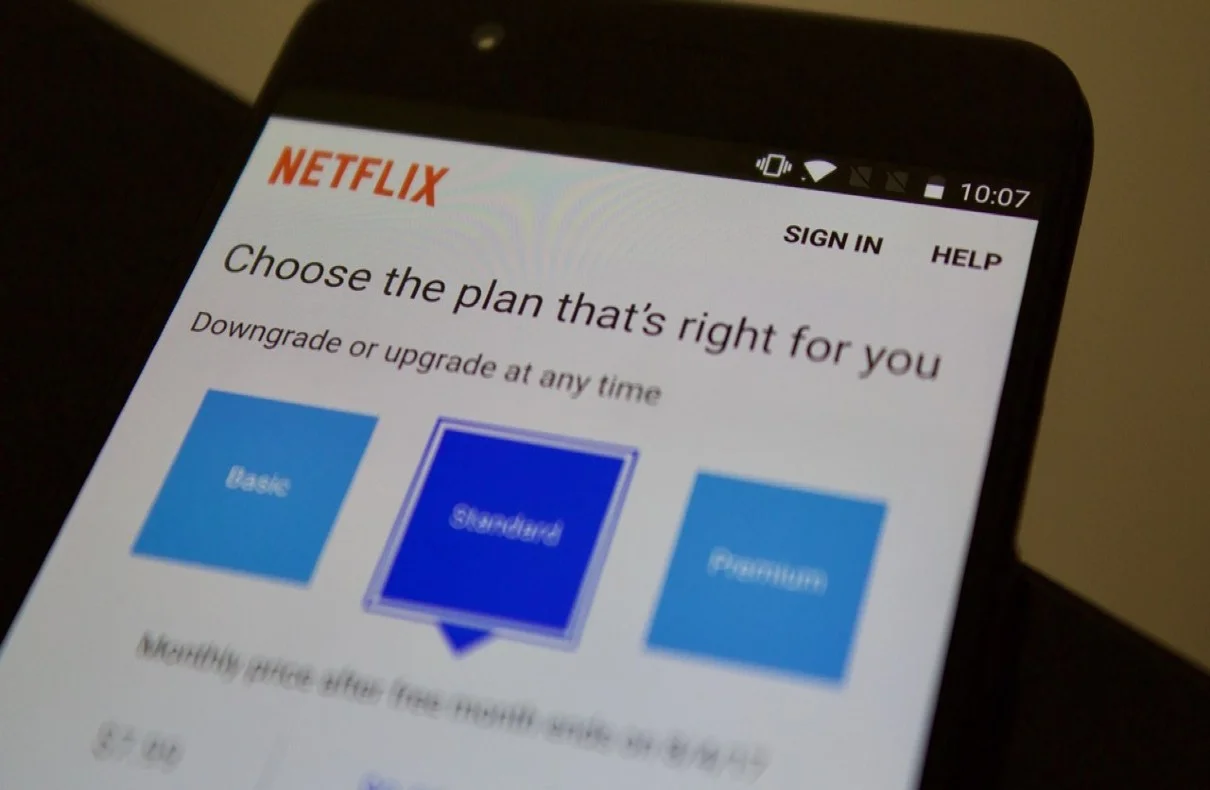Netflix has announced that it will no longer accept subscription payments made through Apple’s App Store. This decision has significant implications for users who have been paying for their Netflix subscriptions using the iTunes billing method. In this article, we will delve into the details of Netflix’s decision, the reasons behind it, and what it means for users.
If you have been a long-time Netflix subscriber and have been paying for your subscription through the iOS app or iTunes, you are about to experience some changes. Netflix has recently confirmed that it will no longer accept payments made through Apple’s App Store using the iTunes billing method. This means that if you fall into this category, you will be required to sign up for Netflix directly instead of through the App Store.
The decision to discontinue iTunes billing for Netflix subscriptions is not entirely unexpected. Netflix had already ceased accepting sign-ups through Apple for new subscribers, indicating a growing rift between the streaming giant and the tech giant. The move away from iTunes billing is part of a larger trend of streaming services seeking to bypass app store payment systems to avoid the associated fees.
The Vision Pro’s App Compatibility with Netflix and YouTube Revealed
Existing Netflix subscribers who have been using iTunes billing will need to transition to direct payments through the Netflix website. This change may have financial implications for some users, particularly those who were still enjoying pre-hike subscription rates. The basic Netflix plan, which was priced at $9.99 per month for some users, will no longer be available. Existing subscribers will need to either pay the current rate for the streaming service or consider switching to the ad-supported plan.
It is worth noting that this move does not come as a complete surprise, given the ongoing tensions between Netflix and Apple. Netflix has long been critical of Apple’s share of in-app purchase revenues, which it considers too high. By circumventing the iTunes billing system, Netflix can avoid paying these fees and potentially offer better pricing options to its subscribers.
The decision to end in-app subscriptions via the App Store highlights the strained relationship between Netflix and Apple. While the two companies were once aligned in the digital content space, Apple’s entry into the streaming market with Apple TV+ has shifted the dynamic.
Apple’s foray into original content production has made it a direct competitor to Netflix, albeit on a much smaller scale. This shift in the relationship has led to tensions and disagreements between the two companies, resulting in Netflix withholding support for Apple’s unified TV app and the absence of a Netflix app for Apple’s VR headset, the Apple Vision Pro.
Netflix’s decision to end in-app subscriptions via the App Store is not an isolated incident. It reflects a broader trend among streaming services to bypass app store payment systems. In recent years, companies like Spotify and Epic Games have also taken steps to avoid the fees associated with in-app purchases.
App stores, including Apple’s, typically charge a percentage fee for transactions made within apps. For subscription-based services like Netflix, which rely on recurring payments, these fees can have a significant impact on revenue. By directing users to sign up directly on their websites, streaming services can avoid these fees and potentially offer better pricing to their customers.
The clash between streaming services and app store policies is not limited to Apple. Google’s Play Store and other app marketplaces also face scrutiny over their payment policies. The ongoing debate centers around whether app store owners should be entitled to a share of revenue generated by third-party services or if developers should have more control over their payment systems.
While app stores provide valuable distribution platforms and user reach, the fees imposed on developers have become a contentious issue. Companies like Netflix argue that they should have the freedom to choose their own payment systems without being subject to significant revenue-sharing arrangements.
Chael Sonnen Calls Out Mike Tyson Over Alleged Faked Training Video
For users, the end of in-app subscriptions for Netflix on the App Store means a change in payment methods. Instead of subscribing or renewing through the app, users will need to visit the Netflix website and sign up directly. This transition should be relatively straightforward, and Netflix is likely to provide clear instructions to guide users through the process.
One potential benefit for users is the potential for more competitive pricing. By avoiding app store fees, streaming services like Netflix may have more flexibility to adjust their subscription rates or offer exclusive discounts to direct subscribers. It’s worth keeping an eye on any pricing changes or special offers that may arise as a result of this shift in payment methods.
Netflix’s decision to end in-app subscriptions through the App Store may be a sign of things to come. As more companies seek to bypass app store payment systems, the landscape of in-app purchases and subscriptions could undergo significant changes. Streaming services, in particular, are likely to explore alternative payment options to maintain control over their revenue streams.
App store owners, on the other hand, may need to reevaluate their policies and fee structures to accommodate the evolving demands of developers and service providers. The battle between convenience and cost will continue to shape the industry, with both sides seeking to strike a balance that benefits both users and businesses.
